AI hasn’t reached the point of filing tax returns independently, but it is revolutionizing how tax teams work. By automating repetitive tasks, spotting anomalies, and streamlining workflows, AI allows human experts to focus on analysis, strategy, and high-value advisory work. Here’s how firms in both the US and UK can leverage AI to supercharge their tax preparation without losing human oversight.
The Problem: Manual Tax Prep is Slow and Error-Prone
Traditional tax preparation is resource-intensive. Teams spend hours collecting client data, reconciling accounts, and double-checking calculations. Even experienced professionals make mistakes, especially under tight deadlines. Manual processes increase stress, errors, and turnaround times, reducing the ability to deliver timely insights to clients.
The Solution: AI-Assisted Preparation
AI can handle many repetitive, time-consuming tasks, including data extraction, transaction categorization, and anomaly detection. By offloading routine work, your team can focus on complex analysis, strategic planning, and final review. For example, AI can automatically identify missing invoices, flag unusual deductions, or reconcile multi-currency transactions, reducing the risk of errors before human review.
The Challenge: Integrating AI Into Existing Workflows
Introducing AI is not just about installing a tool—it requires aligning with current workflows. Teams often fear disruption or a steep learning curve. If implemented poorly, AI can create more work, confusion, or inconsistent outputs, negating its potential benefits.
The Action: Blend AI With Human Oversight
A successful integration involves a gradual approach:
- Start with specific, high-volume tasks like data extraction or reconciliation.
- Validate AI outputs against human-reviewed examples to ensure accuracy.
- Use insights from AI to accelerate review cycles and enhance decision-making, rather than replace human judgment. This hybrid approach maintains compliance, accuracy, and accountability.
The Result: Faster Prep, Fewer Errors, and More Strategic Focus
Firms that integrate AI effectively see dramatic improvements: tax prep cycles shrink from days to hours, accuracy increases, and stress decreases. Teams spend less time on clerical work and more time providing strategic advice to clients, improving both client satisfaction and internal efficiency.
Is Your Tax Prep Team Leveraging AI?
To maximize efficiency and value, your firm should:
- Automate repetitive tasks and data extraction
- Use AI to flag anomalies before human review
- Free up humans for complex, high-value analysis
- Transform tax preparation into a smarter, faster, and more strategic process
AI isn’t about replacing your tax team—it’s about empowering them. Firms that adopt AI-assisted workflows today gain accuracy, speed, and advisory capacity, ensuring a competitive advantage in both US and UK markets. Get in touch with AccelUS today!
